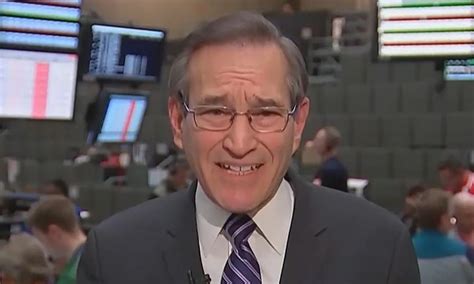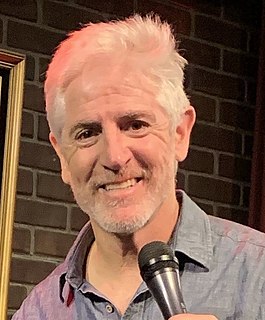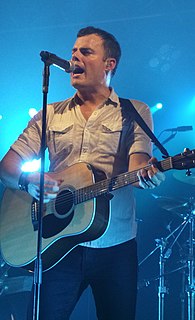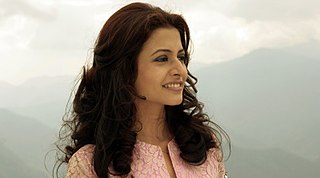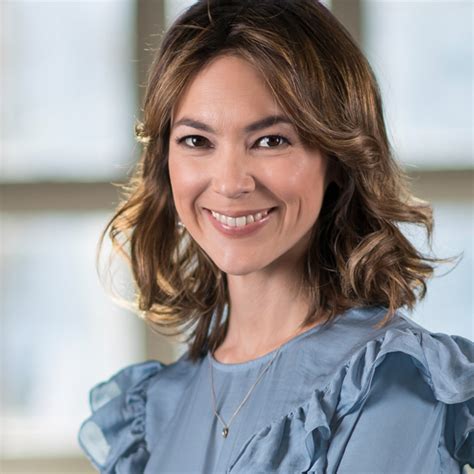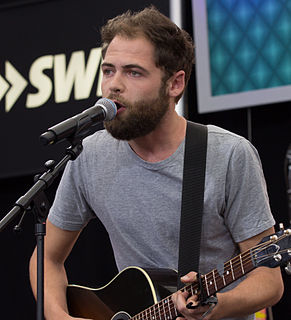A Quote by Rick Santelli
I started trading around 1979, fresh out of college. In the early '90s, I started guesting for major news media.
Related Quotes
In the early '90s, I was disillusioned after the blasts and riots in Mumbai. I was in college and started thinking that religion was the root cause of all these evils. While my father told me not to blame religion because of a few bad people, I wasn't convinced. The faith was restored after I started writing my first book.
On the day I started college in 1979, no woman had ever been on the United States Supreme Court or served as the Speaker of the House. None had been an astronaut or the solo anchor of a network evening news broadcast. Not one had been president of an Ivy League college or run a serious campaign for president.
This was early '90s and in New York hip-hop was coming on really strong; that was the sort of urban folk music that was almost threatening to eclipse rock music and indie rock music in terms of popularity, which it has certainly gone on to do. But you know, this is the end of the 1980s, beginning of the '90s. The whole independent label thing has really evolved to this incredible point from the early '80s when we started, and there wasn't one record label at all, until a couple people started forming these small labels.
